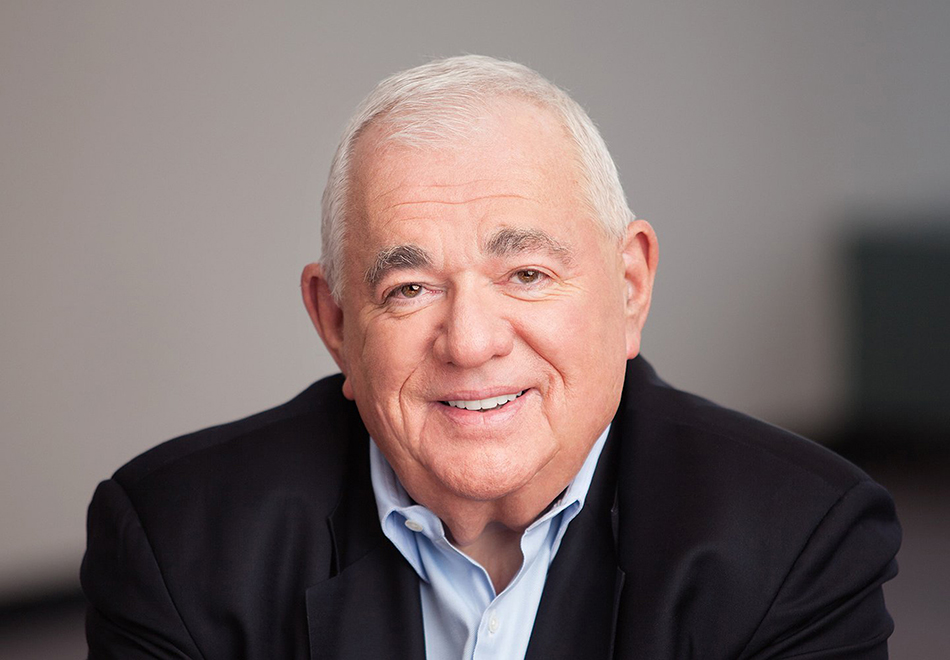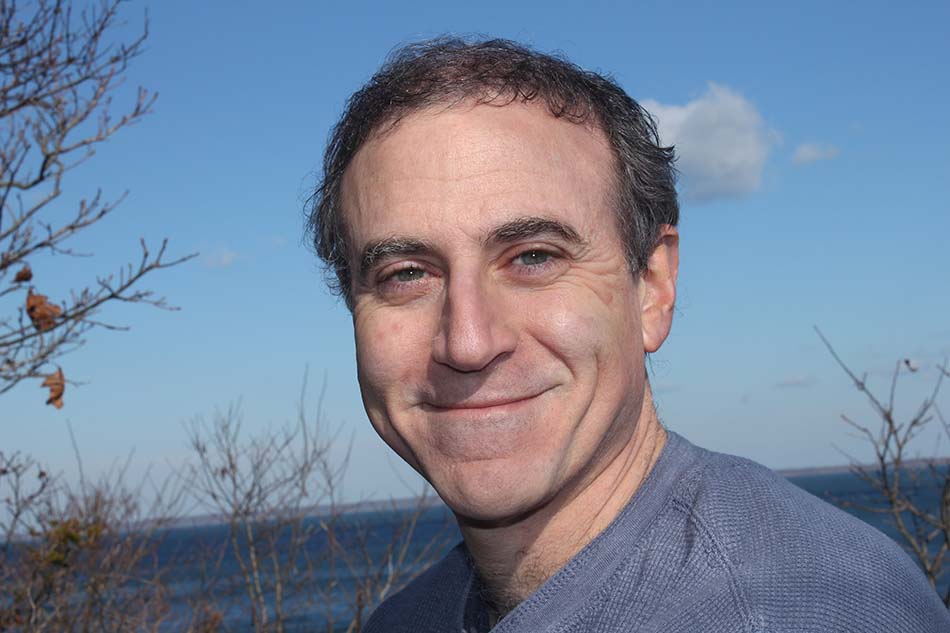Alan Elkin

The smarter way to stay on top of broadcasting and cable industry. Sign up below
You are now subscribed
Your newsletter sign-up was successful
The moment, years ago, that arguably became Alan Elkin’s greatest stroke of entrepreneurial genius happened — as many such moments do — by chance, with necessity being the mother of invention. Elkin and his staff sat at a conference table with a client, the head of North American business for Casio. The client had a unique problem that needed a solution. Elkin has always been a man of solutions.
Most notably, in 1984, he and his friend Arthur Wagner partnered on a business idea and began performing one of the most beautiful monetary magic tricks in all of U.S. media. The formula now looks so simple: Take a company’s underperforming assets and dispose of them in exchange for media, while at the same time turning the trade credit itself into a kind of currency in what is essentially a barter deal.
The rub at the time they started came with that word, barter, which had long earned its poor reputation for being the exchange agent of bad transactions. Elkin and Wagner’s solution: make sure each deal turned a profit for clients, ensuring they’d welcome the next phone call. Business had slowly grown, with Elkin guiding its pathway — exclusively throughout the U.S.
Unblinking Entrepreneurs
But the client had an issue: There was new inventory but no preferred kind of U.S. media for the exchange. “Can you do media in Canada?” the client asked. Elkin didn’t blink: “Yes we can,” he said.
That’s when Alan Brown, who’d joined Elkin and Wagner’s company four years into its run, gave a sidelong look at his poker-faced boss. Riding back together in the car after the meeting, Brown asked, “Who’s doing the media in Canada?” Elkin replied, “You are. I need you to get on a plane tomorrow, go to Canada and get some media.”
Brown did and it worked. Afterwards, Elkin found underperforming capital all over the world, and he turned his company’s name, Active International, into a highly prized verb. “That innovative risk-taking is indicative of Alan’s style,” said Brown, president of Active International Holdings. “It wasn’t lying. The client said, ‘can we do it?’ and Alan believes to this day that, ‘yes we can.’ ”
The smarter way to stay on top of broadcasting and cable industry. Sign up below
It is Elkin’s signature, and while he’s the first employee to credit the other 850 folks on the payroll for company success (“I’m surrounded by great people,” he said), the fact is, the profit began and continues because of Elkin’s acumen and passion.
“The guy literally started a multibillion-dollar business in his kitchen and now he’s in 17 countries,” said fellow B&C Hall of Famer Lou LaTorre, currently Active’s executive VP, director of media investment partnerships. “It’s a pretty incredible story of entrepreneurial wizardry.”
And it did, famously, begin in Elkin’s kitchen, with he and fellow savvy salesman Wagner realizing they weren’t getting any richer, or younger, in their circumstances. Selling spots together for Kaiser Broadcasting in the 1970s, they both rose to management and were instrumental in turning a company that routinely lost $2 million per year into one that, in the space of a few years, was pocketing $32 million in profits — for which they each received a $5,000 raise.
“So Al comes to me and says, ‘Artie, maybe next year they’ll give us $10,000 if we can find a cure for cancer,’ ” recalled Wagner, Active’s president. “He said, ‘We did good, but not for us. We’ve got to do for ourselves.’ ”
They partnered on Active in conjunction with their wives (who’d met at the doctor’s office when they were each pregnant, and then introduced their husbands to each other). When clients realized Elkin and Wagner delivered on their promises with integrity, they became regulars, and Elkin “tried to put some structure into our minds on how we should operate,” Wagner said. “Al’s a builder. Me, I’m just a great salesman. Al is a business builder.”
“We’ve had clients for 25 years,” Elkin said of Active’s reputation. “And it’s not just one; we have something like 12 who have stayed with us because the value we give to them they can’t find anywhere else.” That value is tied into media, the bedrock of the deals. “To me and my partner, media was the most important thing,” Elkin said. “It was the understanding and application of media that helped us during the years. And today that world has changed completely. You need to be able to embrace technology and embrace the changes because they’re overwhelming.”
Elkin has always been out ahead. “Al bought [one of the first] fax machines,” Wagner said with a chuckle. “I was thinking, who’s he gonna send a fax to? But he wanted a company that invested in technology and infrastructure.”
When Active went international, Elkin decided the savviest way to ensure success was to train hometown talent, a formula that has worked everywhere from France, to Spain, to China. “We have 17 offices around the world and each of the officers are of that country,” he said. “The reason why is they know their culture much better than I can. By putting them in, that’s where I learn.”
Community Minded
Perhaps the proudest thing learned by this son of two Brooklyn entrepreneurs — his father ran the local bagel bakery; his mom a beauty parlor — involves Active Cares, the company’s philanthropic effort he started in 1997.
“I believe a company should have more than just its first purpose; it should have a caring purpose,” Elkin said. But beyond donating funds to charities in Rockland County, New York, where the main office is located, he made a deal with all his employees: We’ll donate to charities of your choice, but if we do, “you must put your time in, and I gave them time off to spend with that charity. Suddenly, I had 30, 40 people coming to me, and it built from there.” Active now contributes to 600 causes, most notably, funding a heart center at local Good Samaritan hospital which became, “at the time, the only hospital between Manhattan and Albany that could do open heart surgery. And that saved lives.”
For Elkin, the approach to caring and the media business are the same. “It’s not about the impressions,” he said. “It’s about the impressions and the outcome, and the question for the outcome is, ‘Did we succeed for the client?’ ”
Rob has written for Broadcasting+Cable since 2006, starting with his work on the magazine’s award-winning 75th-anniversary issue. He was born a few blocks away from Yankee Stadium … so of course he’s published three books on NASCAR, most notably, Full Throttle: The Life and Fast Times of NASCAR Legend Curtis Turner. He’s currently the special projects editor at TV Guide Magazine. His writing has appeared in The Washington Post and his origami art has been in The Wall Street Journal. He lives with his family in New Jersey and is writing a novel about the Wild West.

